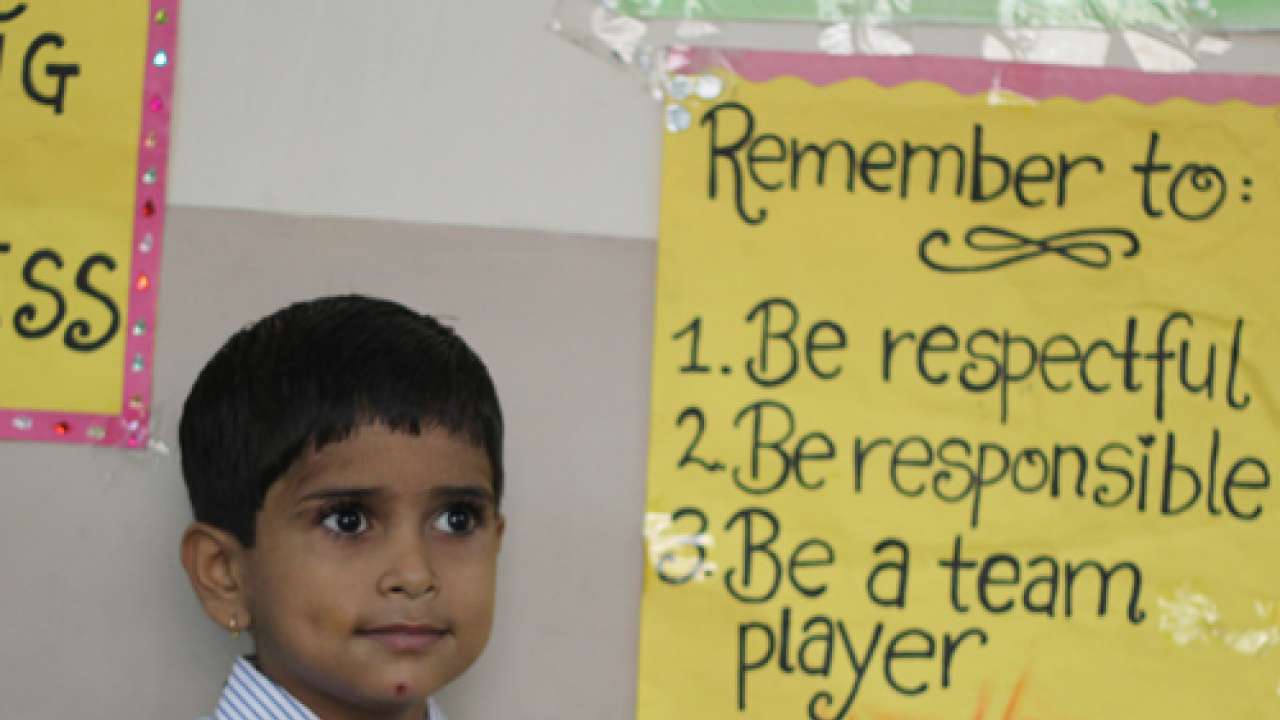
I was thinking about my experience in school. To be honest, I am not sure that the education I received in school is one that defined me as an adult. But when I came home from school, my father would help me understand math problems I struggled with. When he put us to sleep, he read us a book every night. My mom took me to art museums, and made sure that I learned how to play an instrument. It was all these experiences that were early predictors for my future success in life.
For the large majority of children in India, this is not the case. We have learned this as an organisation firsthand over 22 years of experience in working with children living in disadvantaged communities. While nearly all parents love their children and want the best for them, they don’t necessarily have the academic background or the rich professional experiences or resources to educate their children. And their financial circumstances create social and emotional issues in all of their lives, issues that pervade the fabric of the communities in which they live.
So for these children – school needs to help fill the gaps that these circumstances leave. Otherwise, not only will our children’s futures be bleak --- but, with half of India’s 1.2 billion population under the age of 25, a dropout rate greater than 70% by secondary school, and the lowest results in the world on the PISA assessment --- so will the future prospects of India be bleak.
When we came to examine how we as an organisation could play a role in this frighteningly immense and complex issue, we asked ourselves - what does it take for all our children to succeed?
It takes adults who are equipped to nurture children for their intellectual, physical and emotional well-being. It takes a solution that can happen within the framework of the government system. It takes a collective commitment to be honest about our progress in the development of our children. And it takes a steely resolve to find solutions to the scariest problems that surface as a result.
So in 2007,we decided to pilot the idea of a public-private partnership in school reform. We believed that by leveraging the technical knowledge of private partners, with their ability to move quickly, to commit to transparency, and to bring in resources that were required –--- the partnership could have transformative benefits for the vast government system, with its commitment to educate every child.
Today, across our 15 schools in partnership with the municipal governments of Mumbai and Pune, we see results unlike those that we usually read about --- 97% student retention, 92% daily student attendance, 84% active parent engagement – and our first graduating class of students passing the SSC with 100% pass rate, and over 72% achieving a first class or distinction.
We face the same limitations of human resources: the same societal prejudices against the profession of teaching, the same financial limitations of how much we can pay our amazing teachers and staff. But they come to us because they are committed to transform the lives of our youth. And they have the opportunity to grow as people as they seek to maximise their impact on our students. And we, as an organisation, commit to being honest about our failures as we celebrate our successes – because we know, that is the only way we will learn.
And that is the only way our children will learn.
Vandana Goyal is CEO, The Akanksha Foundation